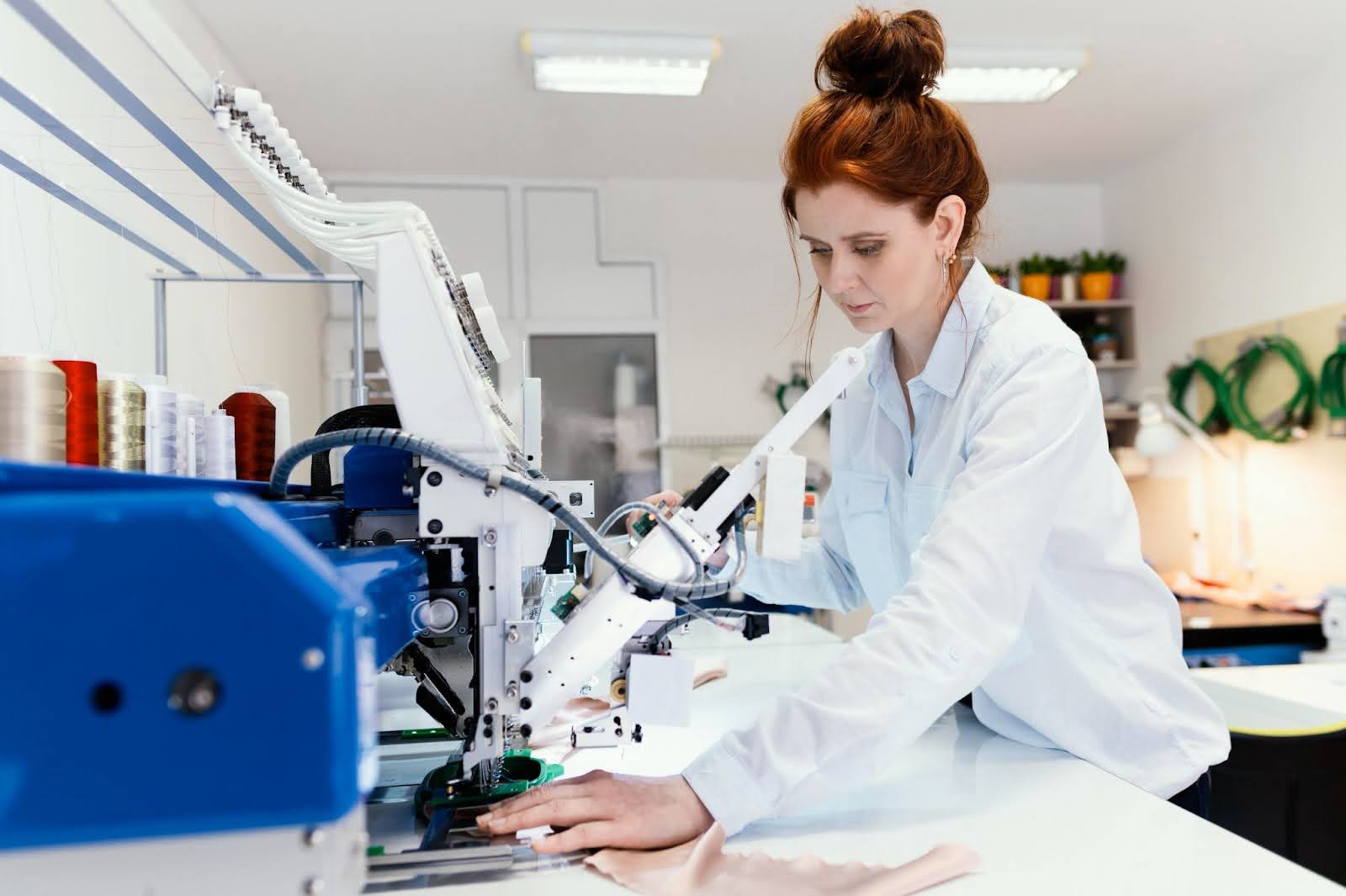Nowadays, hospitals strongly depend on medical technology. Patient monitors and ventilators, MRI machines, and infusion pumps, all these devices are essential in the diagnosis, treatment, and saving of lives. However, it takes expert knowledge to maintain this equipment in a safe and efficient manner. That is where a biomedical equipment support specialist fits.
These experts make sure all medical equipment is working properly so that hospitals can provide patients with suitable, quality, and prompt treatment. Here’s why every hospital needs a skilled Biomedical Equipment Support Specialist on their team.
Ensuring the Safety of Medical Equipment
All hospital equipment should be in excellent condition, as a small failure can endanger a patient. A biomedical equipment support specialist constantly checks, examines, and calibrates medical equipment to ensure that it is safe and performs according to the standards.
They also detect possible issues at an early stage and correct them before they arise. Through accuracy in diagnostic and treatment devices, they assist the doctors and nurses to treat patients more effectively and avoid making mistakes that would be life-threatening to the patient. In simple words, they are the silent hospital safety watchdogs.
Reducing Equipment Downtime and Delays
Every second is important in a hectic hospital setting. Medical machine failure may postpone treatments, surgeries, or patient monitoring, creating frustration for staff and distress for patients. This is prevented by a professionally trained biomedical equipment support specialist who offers routine maintenance and fast repairs.
Their timely intervention ensures that essential equipment such as ventilators, defibrillators, and anesthesia machines are on 24-hour duty. Hospitals have fewer downtimes, seamless operations, and better patient care with their expertise.
Saving Costs Through Preventive Maintenance
Medical equipment is very costly to replace. Failure of machines due to neglect or improper handling can cost hospitals a lot of money. A biomedical equipment support specialist is also able to lower these costs through preventive maintenance, which helps to increase the life span of equipment.
They maintain precise maintenance logs, service them on a regular basis, and utilize diagnostic equipment to identify problems promptly. This will help avoid expensive downtimes, decrease the costs of emergency repair, and enable hospitals to maximize their investment.
Supporting Medical Staff and Improving Efficiency
Doctors, nurses, and technicians are using medical devices daily, and not all of them know the technical side of the equipment. A biomedical equipment support specialist is an intermediary between technology and medical personnel.
They educate medical practitioners on the proper use of devices. They also offer problem-solving services in case of difficulties in patient care. This technical assistance assists the personnel of hospitals to work more effectively, to reduce stress in emergencies, and to guarantee improved results among the patients.
Maintaining Compliance and Quality Standards
Hospitals are subject to rigid healthcare procedures and safety measures enforced by various organizations like the FDA and the Joint Commission. To satisfy these regulatory requirements, a biomedical equipment support specialist will make sure that all medical devices are ready to meet the standards.
They also keep good records of maintenance, repairs, and safety checks to complete audits and inspections. Their focus on detail assists hospitals in staying compliant, preventing litigation, and ensuring their reputation for quality and reliability in patient care.

